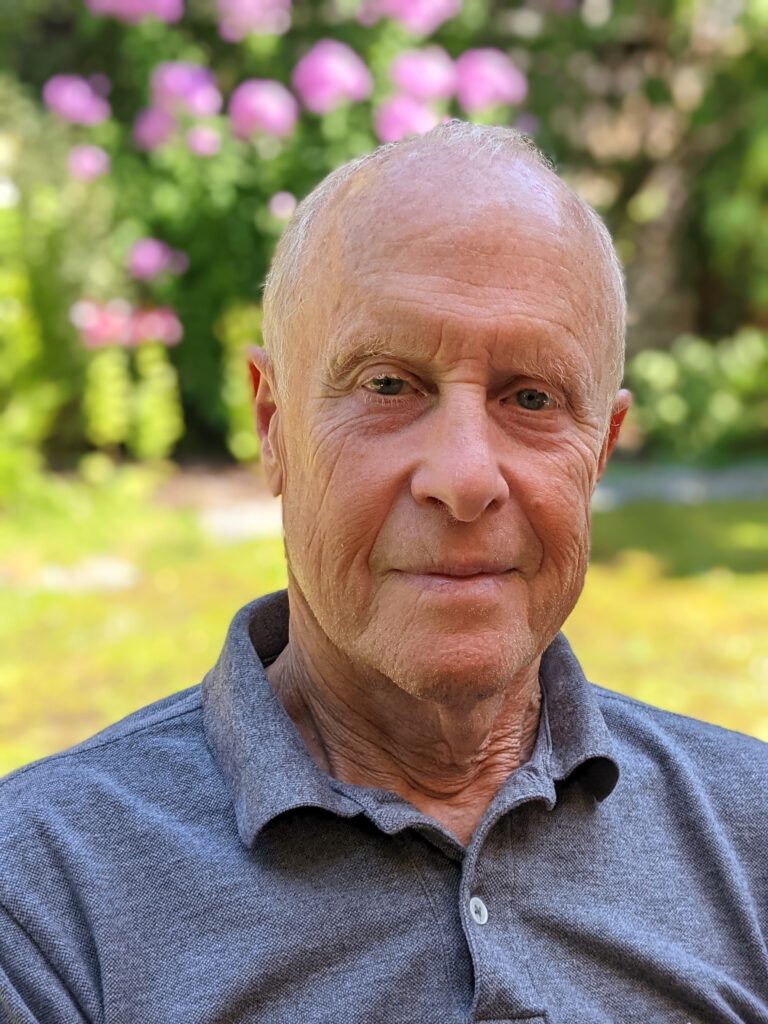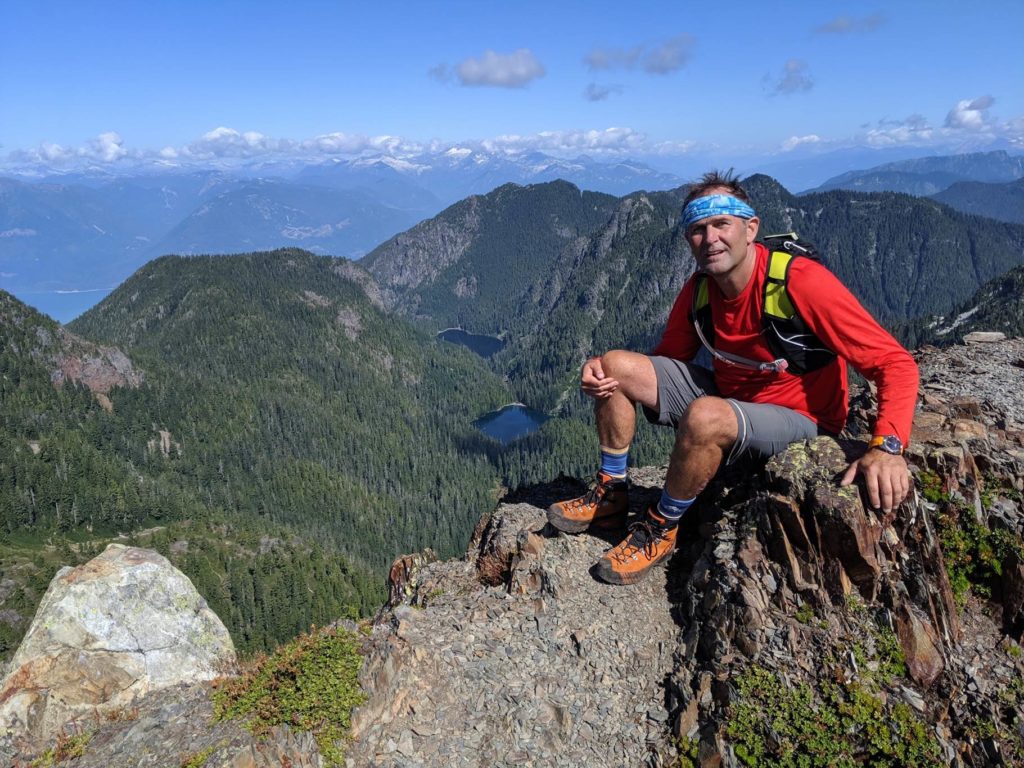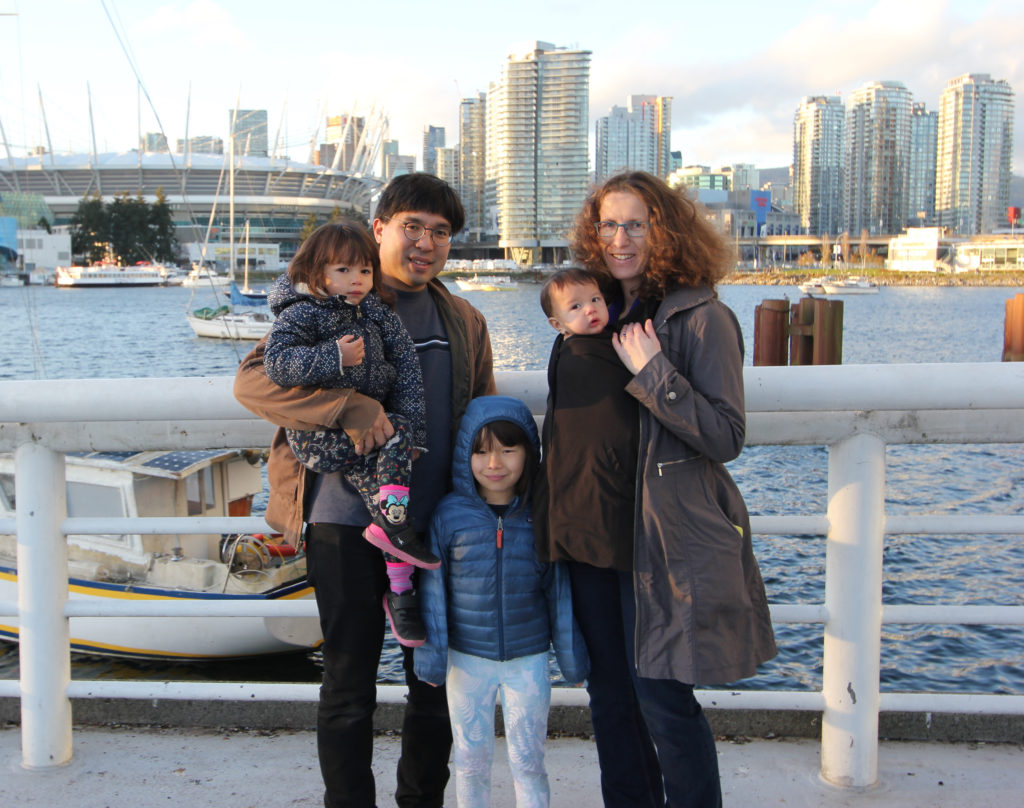Problem-solve the Future
Having received his PhD in physics from UBC in 1971, Robin’s attraction to the field lies in its ability to interpret natural phenomena.
When it came time to choosing a career, Einstein’s thought experiments had influence again. “I thought to myself, if I could sit in a room and do what Einstein did, that would be really neat. But I didn’t think I was likely to do that. So, I decided to focus elsewhere.”
During his PhD, he’d taken every computer-science course UBC had to offer—a total of two. "In the mid-eighties, I gave away my physics books and started calling myself a computer guy.”
He’d also done some freelance programming for a local company that developed software for schools. “In one minute, we could schedule a high school with 1,000 students each taking 12 courses a year. By hand, that took weeks to do and was a horrible task. Solving that problem with computers was pretty neat.”
One day, a co-founder of the company offered Robin the role of president. He laughs, “I've never had a job where I knew what I was doing when I started.”
Accelerate the Future
After selling the software company and testing out retirement, Robin entered his next career as a venture capitalist. “I wanted to maintain my connection to science, and Science World was an obvious way to do that.”
His favourite Science World memory is from 2013 when Dr. Lyn Evans, project leader of the Large Hadron Collider, visited the dome. His free talk about the world’s most powerful particle accelerator—capable of recreating the conditions less than a billionth of a second after the Big Bang—attracted hundreds.
“The place was packed. The collider is one of the most complicated machines ever constructed, by the most specialized scientists in the world—very technical and very complex, but the public was totally engaged.”
When people ask Robin why he gives to Science World, and not, for example, to cancer research, he poses a sort of thought experiment.
“Finding a cure for cancer is a very difficult problem. There are a lot of people working on it today, but we’ll need to have lots of smart people working on it in the future. Science World reaches those future researchers and doctors at an early age and encourages them to pursue science.”
Fund The Future
Make a donation to our $10 million goal and join our growing community of Science World donors. Because the future needs more nerds.






